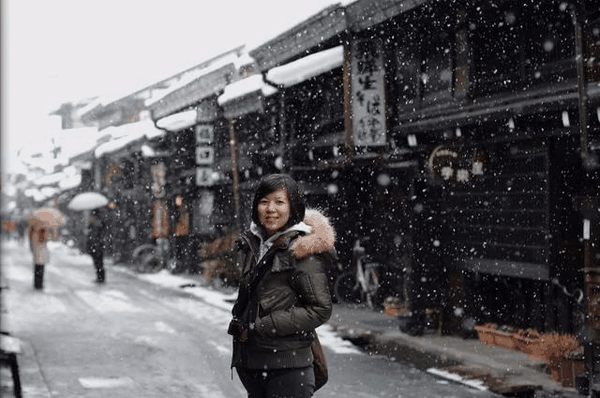WeatherStream: Light Transport Automation of Single Image Deweathering
Howard Zhang*1 Yunhao Ba*1 Ethan Yang1 Varan Mehra1 Blake Gella1 Akira Suzuki1 Arnold Pfahnl1 Chethan Chinder Chandrappa1 Alex Wong2 Achuta Kadambi1
University of California, Los Angeles1 Yale University2

We propose a new dataset, publicly available,
that makes all image-based deweathering models we tested perform better.